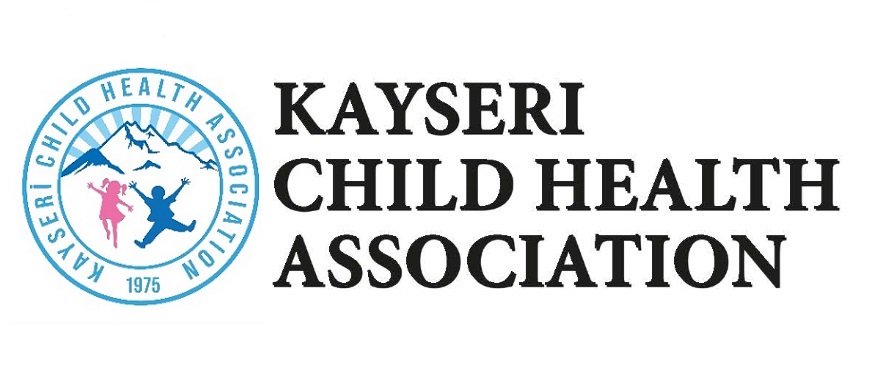Pneumococcal Meningitis with Serotype 7 Who Develops 12. Nerve Paralysis
Pneumococcal Meningitis
DOI:
https://doi.org/10.4274/jpea.2023.205Keywords:
Streptococcus pneumoniae, meningitis, nervus hypoglossus paralysisAbstract
Meningitis is an inflammatory disease of the leptomeninges surrounding the spinal cord and brain. Streptococcus pneumoniae (S. pneumoniae) is the most common cause of bacterial meningitis in infants and children older than one month. In this report, we present a 13-month-old infant who, after receiving three doses of the 13-valent conjugated pneumococcal vaccine, had nervus hypoglossus paralysis as a result of serotype 7 S. pneumoniae meningitis. She was admitted into our center with complaints of high fever for 2 days, apathy that started in the last 24 hours, and a tendency for sleeping. Penicillin and ceftriaxone susceptible S. pneumoniae grew in cerebrospinal fluid culture. Antibiotic treatment was completed in six weeks as she had a millimetric abscess in MR imaging. Considering common variable immunodeficiency in the patient who was examined for immunodeficiency, intravenous immunoglobulin treatment was started. The physical examination results of the patient were entirely improved. In conclusion, meningitis is a pediatric emergency with a high mortality and complication rate. If meningitis is managed on time and correctly it can heal without sequelae. Vaccination is crucial for prevention. Despite vaccination, although rare, infection with vaccine strains may occur. Patients infected with vaccine strains may require evaluation in terms of immunodeficiency.

Downloads
Published
How to Cite
Issue
Section
License
Copyright (c) 2023 The Journal of Pediatric Academy

This work is licensed under a Creative Commons Attribution-NonCommercial-NoDerivatives 4.0 International License.








